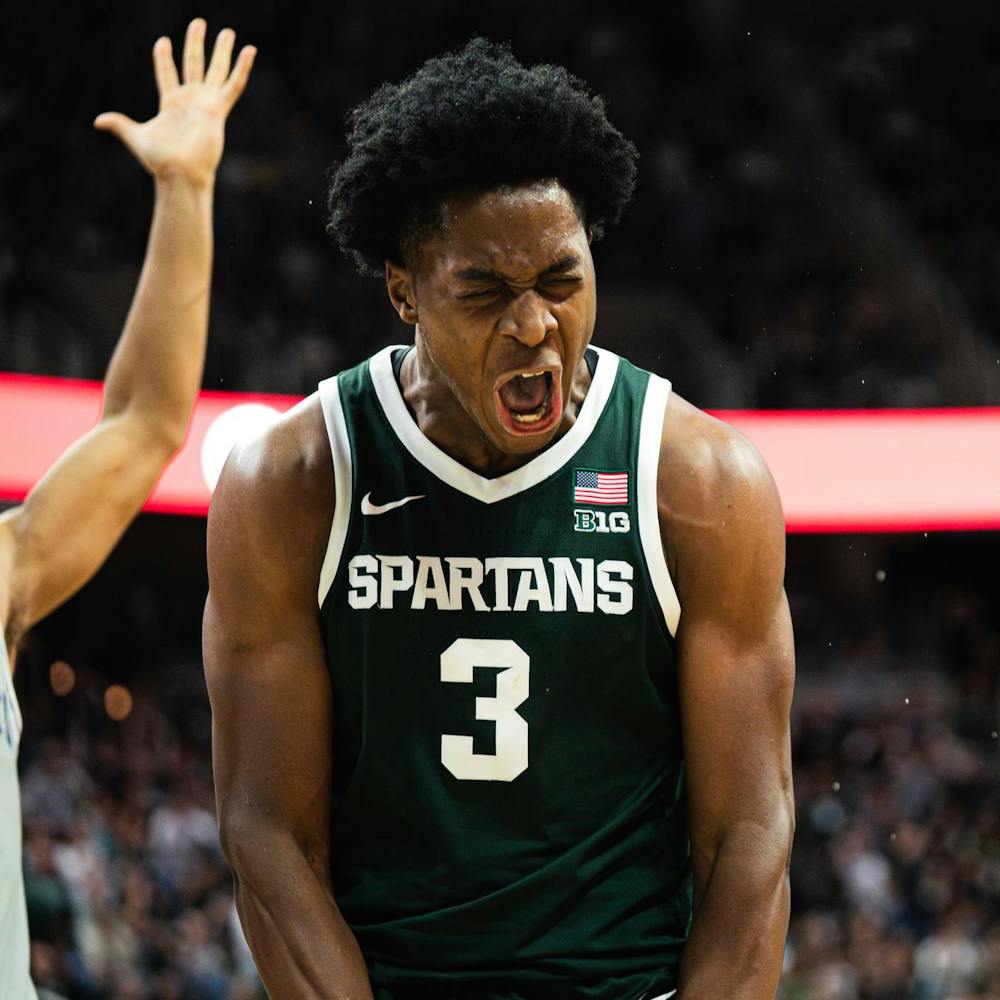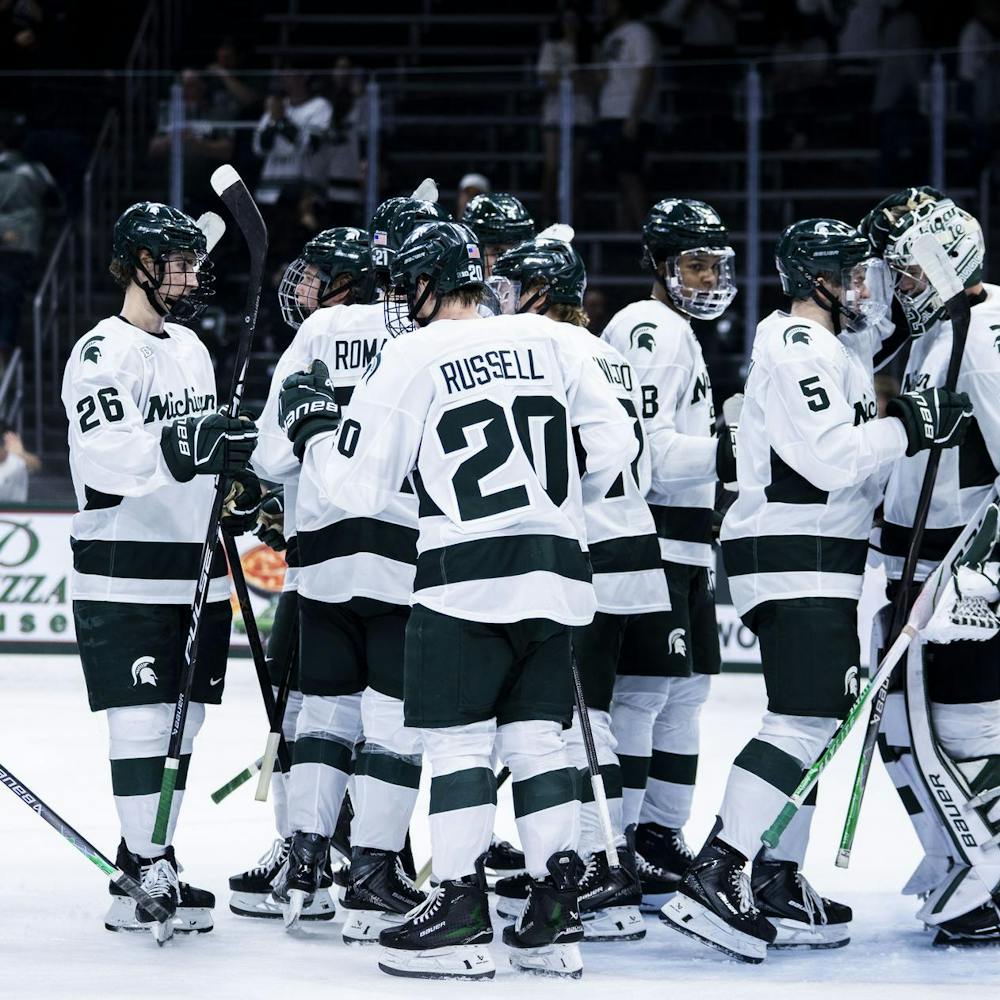While the first thing that comes to mind when self-defense is mentioned is throwing punches to disarm a potential threat, interdisciplinary studies and political studies senior Amazona Alfonso insists there is more to the practice than just physical action.
The classes Alfonso instructs through MSU Recreational Sports and Fitness Services have a strong psychological element. While she teaches defensive maneuvers to students, Alfonso said that she also provides psychological tools “to learn how to identify when someone has bad intentions before they actually start becoming violent.”
Alfonso said this psychological awareness is a crucial part of self-defense.
“I think it’s important ... with self-defense that you are able to increase your awareness about your environment, about yourself and about the people around you,” she said.
There is also emphasis placed on empowerment and confidence, attitudes that can act to deter any potential attackers. Alfonso and other instructors encourage participants to actively scream “No!” as they practice defensive moves.
Students in the class are first seated in a circle where they discuss common misconceptions and ideas about sexual assault. They are reminded that regardless of what they do or don’t do to defend themselves, sexual assault is never the fault of the victim.
Alfonso also stressed self-defense encourages prevention in addition to action. While students are taught maneuvers and tactics to defend themselves from attack, ideally they will never have to put them into practice.
“The whole point of self-defense is that we hope that you never have to use it because of the techniques that we teach you that hopefully avoid or deter the person from having to respond physically to an attack,” she said.
It’s easy to be intimidated by seemingly complex moves that seem fit for a black belt, but Alfonso insists the classes are completely beginner-friendly.
To students who might be apprehensive about learning self-defense, Alfonso says the biggest thing is to not worry and be open to learning about what you don’t know. Also, it is better to have the skills and not need them, than to need the skills and not have them.
“Some of us are martial artists and some of us are not, but we’re just people who have been trained to teach you this stuff,” Alfonso said. “We’re not Bruce Lee. All we teach (are) basic things that almost anybody can do. ... You don’t have to be a black belt to defend yourself.”






